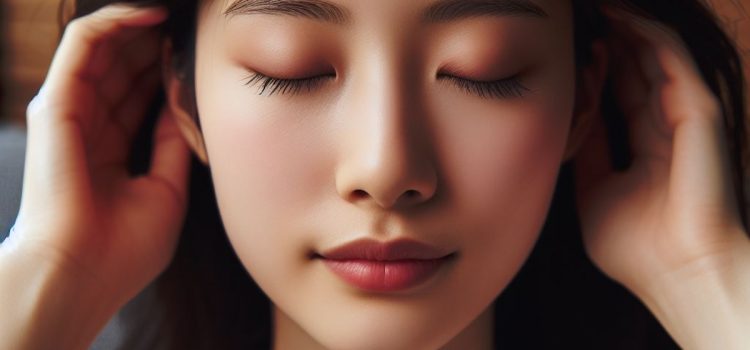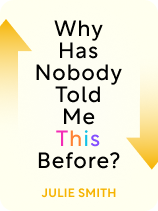

This article is an excerpt from the Shortform book guide to "Why Has Nobody Told Me This Before?" by Julie Smith. Shortform has the world's best summaries and analyses of books you should be reading.
Like this article? Sign up for a free trial here.
How often do you feel anxious? Are you able to calm yourself effectively, or are you afraid you must resort to medication or therapy?
Psychologist Julie Smith writes that people often mistakenly believe that they need to commit to long-term, in-depth therapy. If they have some basic education about how their minds and bodies work, they’ll be able to take control of their mental health themselves, without intensive help from a professional.
Keep reading for Dr. Julie Smith’s anxiety self-care insights and techniques.
Dr. Julie Smith on Anxiety
If you find yourself feeling anxious a lot of the time or when the situation doesn’t seem to warrant it, be encouraged. According to Dr. Julie Smith, anxiety self-care might be the solution you need.
Smith explains that anxiety is a physical response that helps us respond to danger—it’s the brain’s alarm signal. Because it works at lightning speed, it doesn’t allow us to evaluate threats calmly. As a result, it frequently triggers fear responses in modern life to situations that aren’t true threats to our survival. We can’t eliminate this survival alarm system nor would we want to. But, if we can better understand its workings and identify its triggers, we can learn to differentiate between false alarms and genuine threats.
(Shortform note: While Smith says anxiety begins in our bodies when our flight-or-flight survival system is triggered, Daniel Goleman offers a different definition in Emotional Intelligence. He says anxiety begins with our thoughts as persistent and excessive worrying, which then can impact how our bodies feel. While the purpose of worry is to help us anticipate problems, in cases of anxiety, this concern becomes uncontrollable, leading to a cycle of worrying about everything. Goleman explains that anxiety typically falls into two categories: cognitive, which primarily involves worrying thoughts, or somatic, which mainly manifests as bodily symptoms like tension, digestive problems, and headaches.)
Anxiety Self-Care Techniques
Smith reviews two techniques that can help you calm your anxiety.
Breathe slowly. Anxiety naturally makes us breathe more shallowly and quickly to get more oxygen to our muscles for a quick escape from danger. Slowing your breathing and lengthening your exhales gives your body and brain the signal that everything is OK. Smith recommends doing what she calls “square breathing,” where you inhale for four seconds, hold for four, exhale for four seconds, hold for four, etc. This method helps you make your breathing slower and more even.

———End of Preview———
Like what you just read? Read the rest of the world's best book summary and analysis of Julie Smith's "Why Has Nobody Told Me This Before?" at Shortform.
Here's what you'll find in our full Why Has Nobody Told Me This Before? summary:
- Practical tips for managing difficult emotions and thoughts
- Why self-compassion is key to mental health and how you can cultivate it
- How to change your relationship with failure






